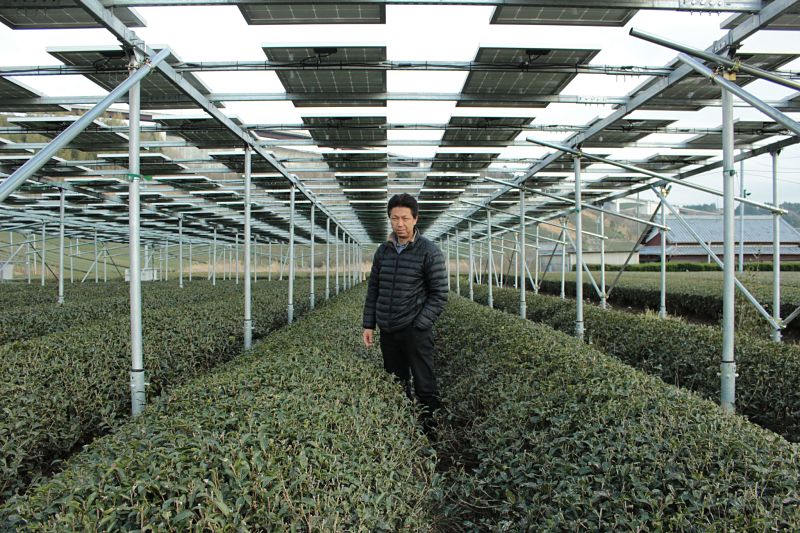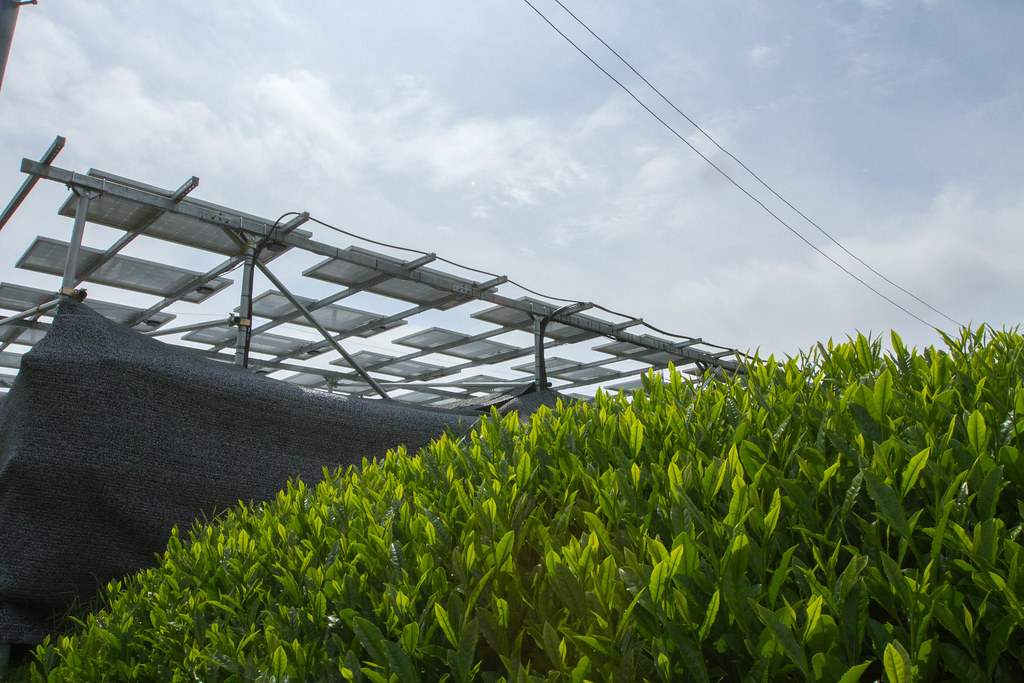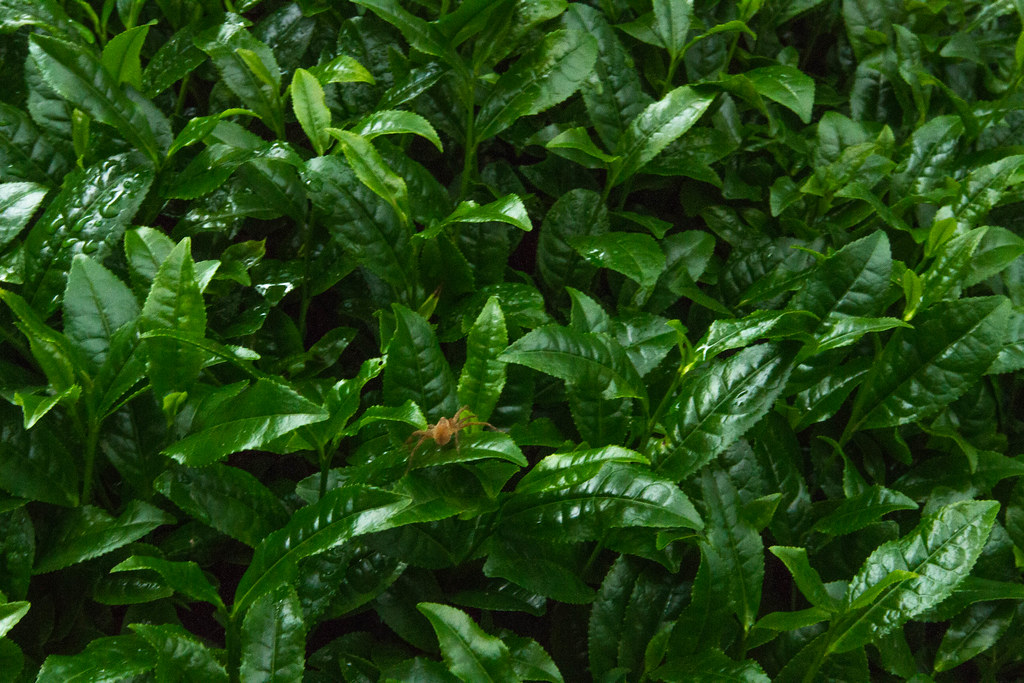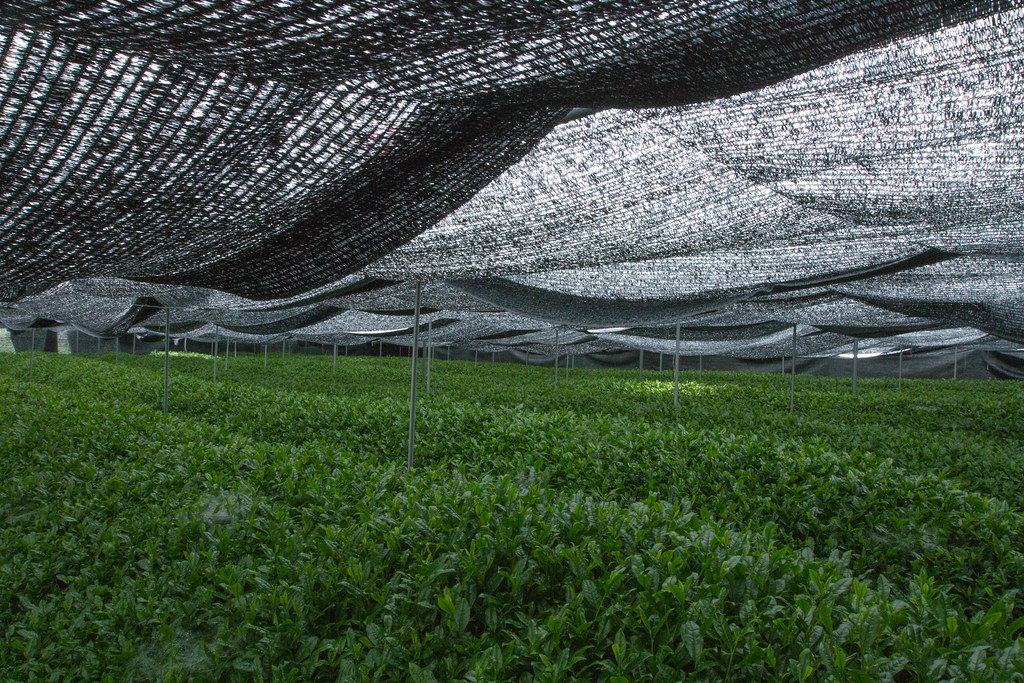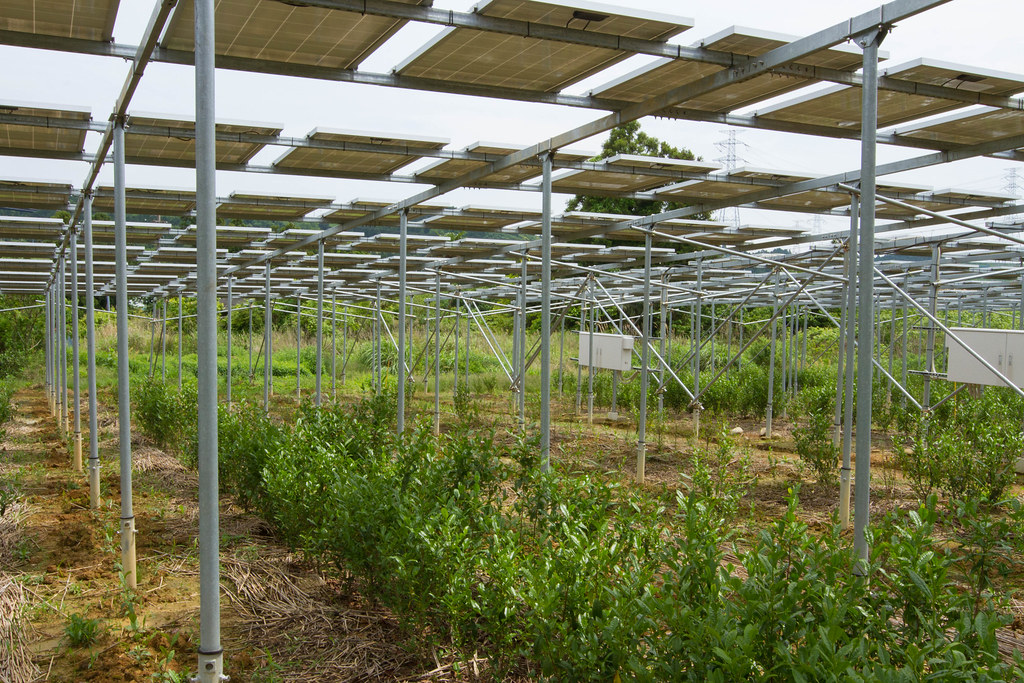Hattori Farm
Description
Grower: Yoshiaki Hattori & Kunikazu Mochitani
Teamaker: Yoshiaki Hattori
Location: Kikugawa City - Shizuoka, Japan
Elevation: 100m (330ft)
Cultivation: Natural (Organic, but no certification), Pursuing JAS Organic Certification
Signature Tea: Matcha Midori
• • •
Tea farmer Yoshiaki Hattori is quite unusual, even among small growers; his specialty is matcha. Most small family farms cannot craft matcha, as the meticulous process requires large-scale production. It is almost always produced at a large factory from leaves from multiple farms, lacking a single-origin character. These leaves are also often conventionally-grown.
Yoshiaki Hattori wanted to do something different. He started Tenryu Agri-Farms in Shizuoka, Japan to craft single-origin, small-batch matcha. He grows his leaf completely chemical-free, and produces the matcha entirely from his own garden. His approach combines the best of modern and traditional styles. Yoshiaki uses modern steaming techniques to prepare tencha, the raw leaf material of matcha, but uses a traditional stone-mill to grind the tencha into matcha.
The use of a traditional stone-mill is more time consuming, as it takes 1 hour to grind just 50g of leaves. However, the low speed allows for more consistent grinding, and also keeps the temperature cooler to prevent overheating the powder.
Now, Yoshiaki has teamed up with entrepreneur and traveler Kunikazu Mochitani for Hattori Farm, combining sustainable matcha with solar energy. To make tencha, the tea plants must be shaded with cloth, blocking out the sunlight for weeks on end. Instead of cloth, Kunikazu has installed solar panels over the plants, allowing for the harvest of quality tea, and of clean energy, too. The solar energy helps offset the power needs of the processing facility.
Production Steps
Tea plants are shaded from sunlight for several weeks before harvest. This is also done for teas like gyokuro and kabusecha. Because the tea plants do not undergo photosynthesis, they have lower polyphenols and higher L-theanine.
The plants are harvested around May 20. The leaves are harvested by handheld machine, and then de-stemmed and de-veined. Then, the leaves are quickly steamed. This is called tencha.
Tencha is stored at 41F (5C), just barely above freezing, until September or October, to allow the leaves to mature and age. The cold-storage process increases the sweetness and umami of the leaves, and reduces bitterness and astringency.
The aged tencha is ground into matcha powder. Yoshiaki grinds his matcha to order. He has equipped his factory with a traditional granite stone mill to grind the leaves into matcha powder, producing just 30-50g in 1 hour. This slow method results in a consistent, ultrafine powder, around 5 microns in size. This powder is finer than matcha produced at the large factories, and results in a smoother, creamier cup.
Meet the Grower
Contact us to schedule a Google Hangout with this grower.
